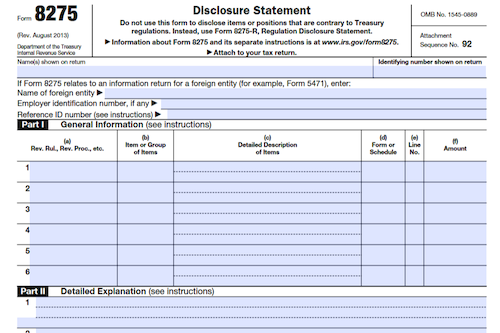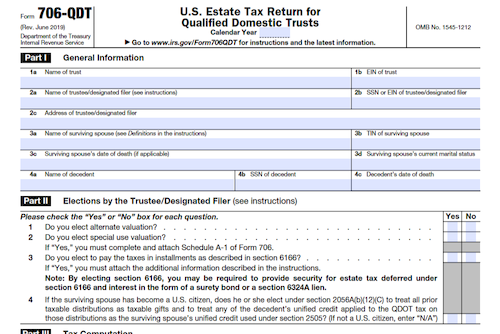Form 4720 can be used by organizations and individuals, such as private foundations, donors, and organization managers, to report and pay taxes on transactions like self-dealing, excess lobbying, and excess benefits.
What is Form 4720?
Form 4720 is a federal form used to report and pay excise taxes related to certain activities and transactions of organizations exempt from tax under sections 501(a) and 501(c)(3). It is utilized to include initial taxes on self-dealing, failure to distribute income, excess business holdings, investments, taxable expenditures, support organizations, donor advised funds, excess lobbying expenditure, excess benefit transactions, premiums, prohibited tax shelters, sponsor distributions, charitable remainder trusts, executive compensation, and certain private colleges. It can also be used by managers, self-dealers, disqualified persons, donors, donor advisors, and related persons to report their respective tax liabilities from their transactions or activities with the organizations. Persons filing Form 4720 must do so by the due date on the organization’s Form 990, 990-EZ, 990-PF, or 5227; for managers, self-dealers, donors, donor advisors, and related persons, it is the 15th day of the 5th month after the end of their tax year. It can be filed electronically for all persons required, and all private foundations are mandated to do so.
IRS Form 4720 – Who Needs to Fill It Out?
Form 4720 is a tax reporting and payments form for organizations subject to taxes under sections 4941 through 4945, section 4943, section 4960, section 4966, section 4967, section 4968, section 4959, section 664(c)(2), and section 4958, as well as taxes imposed by the organizations themselves. Private foundations, disqualified persons, and foundation managers must file it, as must supporting organizations and donor advised funds with excess business holdings, public charities with excess lobbying expenditures, charitable organizations engaged in excess benefit transactions, charitable organizations making certain premium payments on personal benefit contracts, tax-exempt entities that are a party to a prohibited tax shelter transaction, sponsoring organizations maintaining donor advised funds, charitable remainder trusts, hospital organizations, certain taxpayers who pay excess executive compensation, and certain private colleges and universities. Managers, self-dealers, disqualified persons, donors, donor advisors, and related persons must also file separate Forms 4720. All persons required to file must do so by the 15th day of the 5th month after the end of their tax year – electronically, in the case of private foundations.
Step-by-Step: Form 4720 Instructions For Filling Out the Document
Use Form 4720 to figure and pay the taxes imposed on private foundations, disqualified persons, and foundation managers for self-dealing or related activities, as well as initial taxes on certain supporting organizations and donor advised funds for excess business holdings, lobbying expenditures, excess executive compensation, prohibited tax shelter transactions, and more. Managers, self-dealers, disqualified persons, donors, donor advisors, and other filers must file separate Forms 4720 with their tax year noted at the top. Electronic filing is available and mandatory for private foundations. Otherwise, Form 4720 must be filed by the due date for filing the organization’s corresponding form of with the IRS or by the 15th day of the 5th month after the organization’s or filer’s accounting period ends. Location of filing and additional pertinent information can be found in the Form instructions.
Below, we present a table that will help you understand how to fill out Form 4720.
| Information Required for Form 4720 | Details |
|---|---|
| Purpose of Form | Figure and pay taxes imposed on private foundations, disqualified persons, and foundation managers for self-dealing or related activities, as well as initial taxes on certain supporting organizations and donor-advised funds for excess business holdings, lobbying expenditures, excess executive compensation, prohibited tax shelter transactions, and more. |
| Filers | Managers, self-dealers, disqualified persons, donors, donor advisors, and other filers. Each must file separate Forms 4720 with their tax year noted at the top. |
| Electronic Filing | Available and mandatory for private foundations. |
| Filing Deadline | Form 4720 must be filed by the due date for filing the organization’s corresponding form with the IRS or by the 15th day of the 5th month after the organization’s or filer’s accounting period ends. |
| Location of Filing | Refer to the Form instructions for filing location and additional pertinent information. |
Do You Need to File Form 4720 Each Year?
Organizations and any related organization subject to tax under section 4960, private foundations and section 4947(a) trusts, supporting organizations described in section 4943(f)(3) and donor advised funds described in section 4966(d)(2) that owe taxes, organizations making political expenditures, public charities making excess lobbying expenditures, charitable organizations that engage in excess benefit transactions, charitable organizations making certain premium payments on personal benefit contracts, certain tax-exempt entities that are a party to a prohibited tax shelter transaction, sponsoring organizations maintaining donor advised funds, charitable remainder trusts, hospital organizations failing to meet the community health needs assessment requirements, and certain taxpayers that pay excess executive compensation should all file Form 4720 to report their liabilities and to pay any taxes owing. Form 4720 should be sent to the address applicable to the filer’s location, and be filed by the due date, generally the 15th day of the 5th month after the end of the tax year.
Download the official IRS Form 4720 PDF
On the official IRS website, you will find a link to download Form 4720. However, to make it easier for you, we are providing the link in our article, which comes directly from the official irs.gov website! Click to download: Form 4720
Sources:




